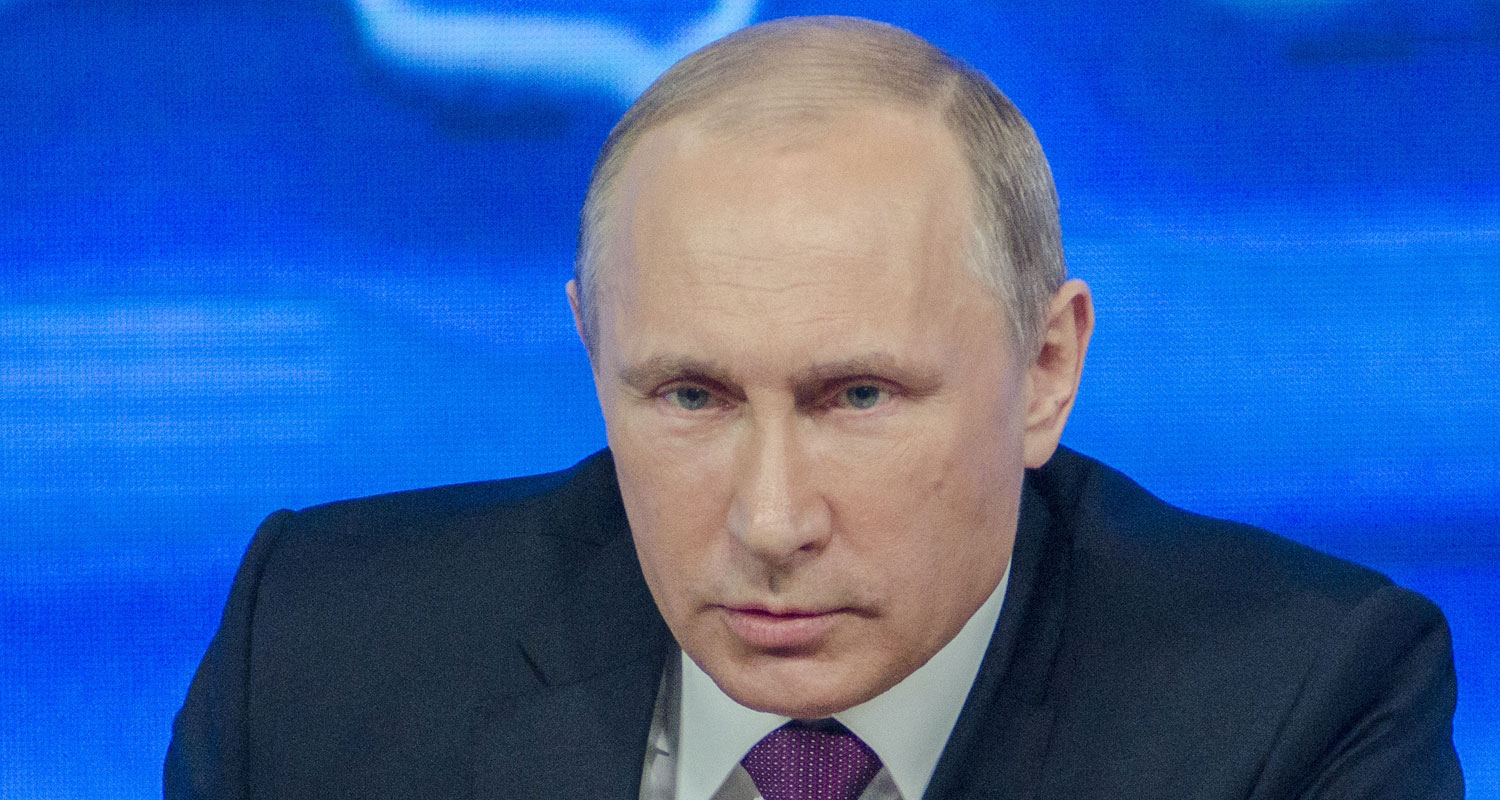
The US on Thursday restricted exports to Russia of a broad set of US-made products as well as foreign-produced goods built with US technology, following the invasion of Ukraine.
Here is how the rules are expected to affect US tech companies, according to six experts on US trade law.
1. What technology is newly restricted from export to Russia?
US companies must now obtain licences to sell computers, sensors, lasers, navigation tools, and telecommunications, aerospace and marine equipment. The US will deny almost all requests.
“We expected something sweeping, and this was certainly sweeping,” said Ama Adams, partner at law firm Ropes & Gray.
The new rules also force companies making tech products overseas with US tools to seek a US licence before shipping to Russia.
A similar restriction was first applied in recent years to companies shipping to Chinese technology giant Huawei, to great effect.
2. Which US companies will be most impacted?
Many companies may opt to suspend all sales to Russia out of caution, legal experts said. Dan Goren, partner at law firm Wiggin and Dana, said a client that makes electronic equipment had already held shipments to a Russian distributor on Thursday.
US exports to Russia were limited to about US$6.4-billion last year, US census data shows, with machinery and vehicles among big categories in past years.
The most severe tech hits to Russia could come from curbs on foreign goods.
For example, the Semiconductor Industry Association (SIA), which represents US chip makers, noted that “Russia is not a significant direct consumer of semiconductors” and that Russia’s communications and tech spending “totalled only about $25-billion out of the multitrillion-dollar global market” in 2019.
But many products made in Asia and destined for Russia include chips made with US tooling. Over two dozen members of the European Union, as well as the UK, Canada, Japan, Australia and New Zealand, are imposing similar export restrictions to limit Russia’s options.
3. How will Russia be affected?
Emily Kilcrease, senior fellow at the Center for a New American Security and former deputy assistant US trade representative, said the restrictions will freeze Russia’s technology where it is today.
“You won’t be able to get new tech into the country,” she said.
William Reinsch, a trade expert at the Center for Strategic and International Studies and a former US commerce department export official, expects a slow escalation of impact.
“Eventually they will be hurting, but maybe not for months,” he said. “It’s not an immediate body blow.”
The curbs and sanctions are not as comprehensive as US trade actions on Iran and North Korea, but they could have bigger consequences globally because Russia is more intertwined with the world economy, attorneys said.
4. What technology is not covered by new restrictions?
The measures include carve-outs for consumer items such as household electronics, humanitarian goods and technology necessary for flight safety. Cellphones are permitted as long as they are not sent to Russian government employees or certain affiliates.
Also not restricted are consumer encryption technologies, which one attorney described as a sign that the US and its allies do not want to disrupt protesters and media.
Nothing precludes the US from later extending sanctions to more items.
South Korea was not listed among countries partnering on the rules, and its assistance would be important for blocking Russia’s access to chips from there, Kilcrease said.
A senior US administration official said on Thursday that more countries were expected to join.
The South Korean Embassy in Washington did not immediately respond to a request for comment.
South Korea said on Thursday it would join in unspecified multilateral economic sanctions on Russia in response to its military operations in Ukraine, but is not considering adopting unilateral measures.
5. Which companies could benefit from the new rules?
Kilcrease and legal experts expect that Chinese technology companies may want to fill some voids created by restrictions on Western tech companies, though Kilcrease said the US rules would discourage them. But the senior US administration official said that China cannot supply Russian crucial military needs, especially for the most advanced chips. — Leslie Adler, (c) 2022 Reuters

